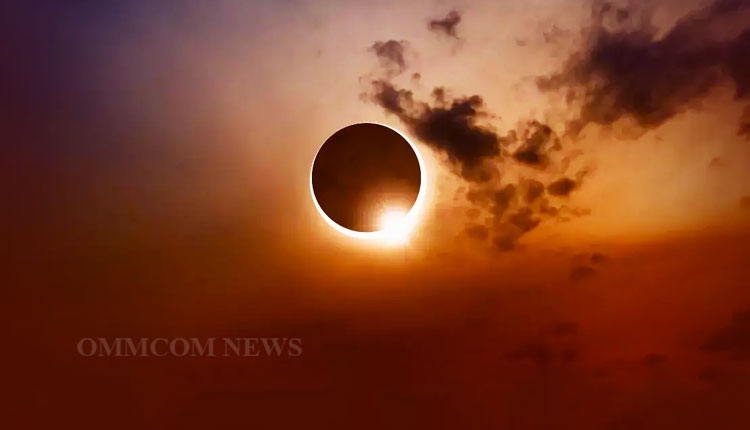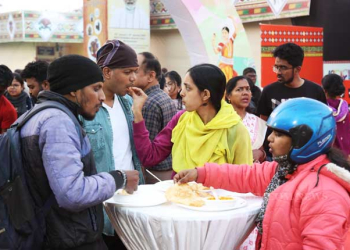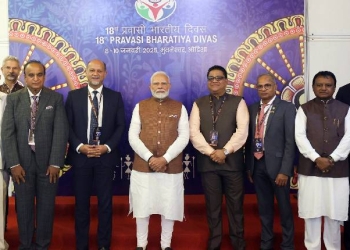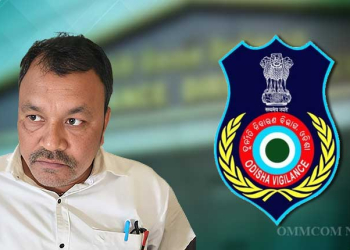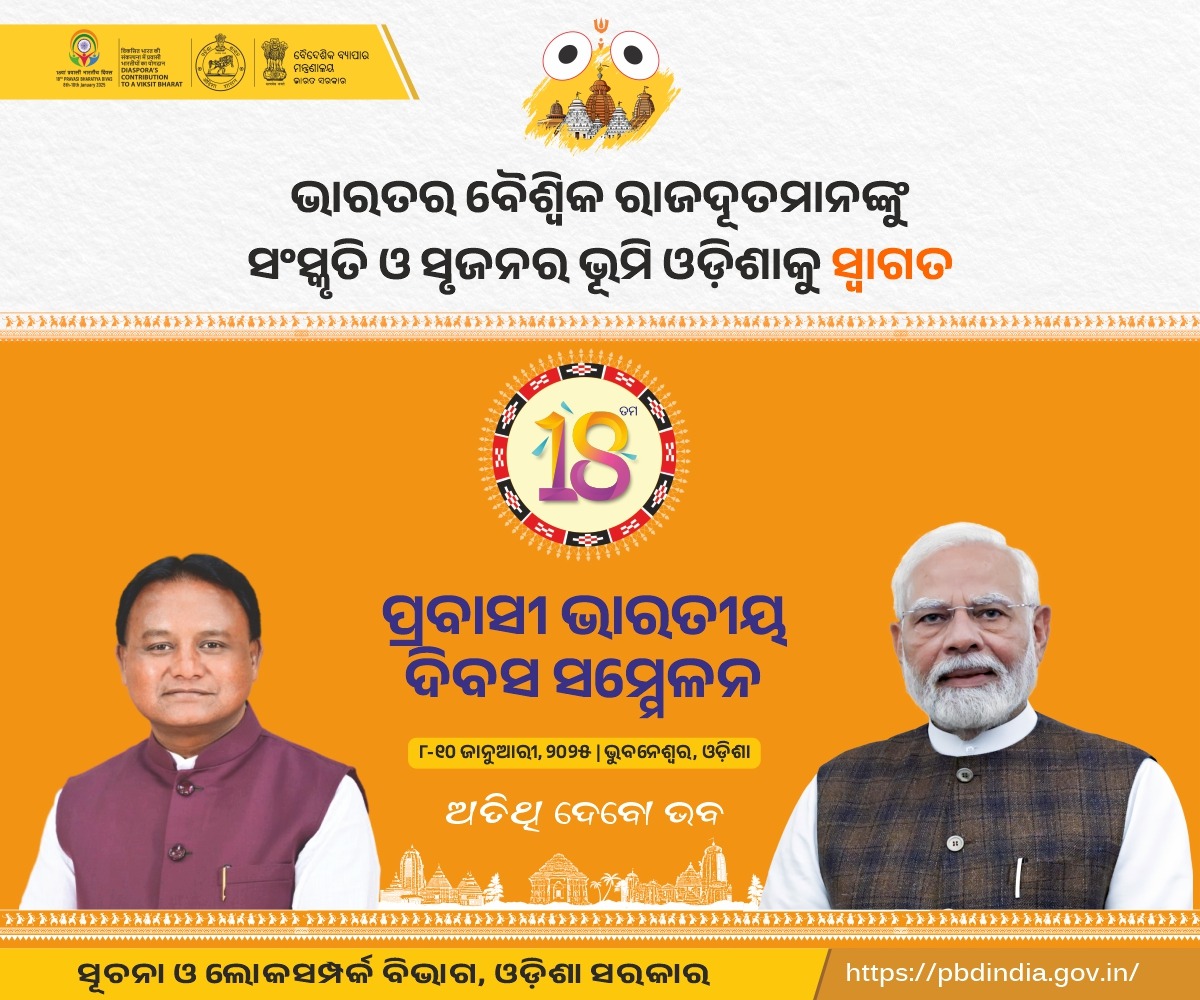Bhubaneswar: A partial solar eclipse or ‘Surya Grahan’ will be visible over several regions of Europe, the Middle East, north-eastern parts of Africa, western Asia, the North Atlantic Ocean, and the North Indian Ocean today, 25 October. In India, most of the states will be able to witness the solar eclipse, except for the few states of the northeastern region.
Solar eclipses has inspired curiosity, caused fear and have been associated with many myths, legends, superstitious across the ages. The very fact that sun vanishes temporarily from the sky partially or wholly has generated a fear among the people from time immemorial. Though science has come up with a valid explanation, the fear of solar eclipses still exists today. Many people around the world still see eclipses as evil omens that bring death, destruction, and disasters.
Here are some of the general conceptions regarding Solar eclipses, most of which have been founded irrelevant and superstitious.
1: Total solar eclipses produce harmful rays that can cause blindness.
Looking directly at the sun during the eclipse time is unsafe. It may cause damage to the retina. The only safe way to look directly at the eclipsed Sun is through special-purpose solar filters, such as eclipse glasses.
2: One should not cook or eat during the solar eclipse.
In many parts of India, people fast during a solar eclipse due to the belief that any food cooked while an eclipse happens will be poisonous and unpure. If there are leftovers, they should be finished before the eclipse or tulsi leaves should be placed on them and then covered properly. But it is just a superstition.
Solar eclipse is just a natural phenomenon and it does not change any property of any food items. It is perfectly safe to prepare and eat food during eclipses.
3: Pregnant women & children must stay indoors during solar eclipse.
A popular misconception is that solar eclipses can be a danger to pregnant women and their unborn children. In many places, young children and pregnant women are asked to stay indoors during a solar eclipse. But the fears are found irrelevant.
The belief that pregnant women would give birth to unhealthy and distorted children if they go outdoors is totally baseless. One should avoid looking at the sun with naked eyes during this time. Barring, that it is perfectly safe to venture out during the solar eclipse.
4: A solar eclipse is inauspicious and a bad omen.
India, an eclipse is considered to be inauspicious according to Hindu mythology, and the disappearance of the Sun, even for a short period of time is considered to be unhealthy.
There is a belief that eclipses are harbingers of something very bad that is about to happen. Psychologists call Confirmation Bias – that we tend to remember all the occasions when two things happened together, but forget all of the other times when they did not.
It is just an natural phenomenon and there is nothing inauspicious about it, but people tend to believe otherwise. According to common belief, harmful entities emerge during an eclipse and so people have to follow strict instructions on what they can or cannot do during that time.
In spite of scientific explanations and awareness, people tend to follow some rituals for protecting themselves from the ‘wrath’ of solar eclipse.
a) People tend to stop worshipping idols of Gods as touching them during eclipse would render them impure. Moreover, the idols are supposedly cleansed by sprinkling Ganga jal to purify them after the eclipse ends.
b) People tend to chant hymns, sing bhajans and meditate during this period so that they are protected from evil effects of the eclipse.
c) Some staunch believers even abstain from eating, sleeping, urinating, defecating, putting on makeup or having sexual intercourse during an eclipse.
d) Once the eclipse is over, people are instructed to take a bath and change into clean clothes to get rid of whatever was there during the eclipse. It is believed that taking a dip in the Ganga river or just sprinkling the water on oneself will wash away all the evil. The ritual is followed very religiously.
Over the years, science and scientists have explained about the occurrence of natural phenomenons like solar and lunar eclipses in every way possible, but people choose to believe what they believe.



